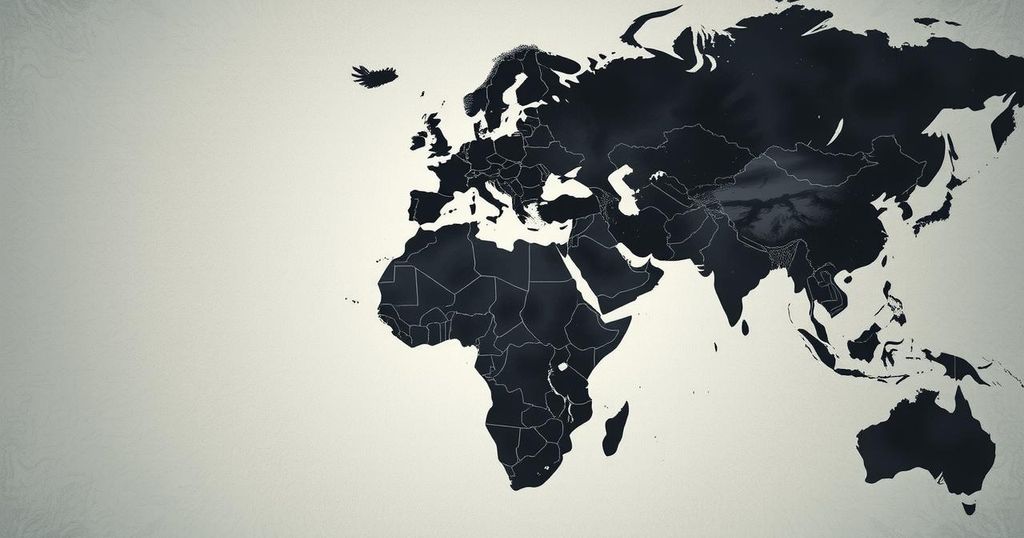Israel and the U.S. have not commented on Hezbollah’s claims of pressure on Lebanon to stop Iranian flights delivering cash to the group. Lebanon’s indefinite suspension of these flights complicates Iran’s financial support for Hezbollah. The situation is indicative of the diplomatic complexities and regional security challenges faced by Lebanon as it navigates international influences and internal pressures.
Israel and the United States have remained notably silent regarding Hezbollah’s claims that they pressured Lebanon to prevent Iranian flights from delivering funds to the group. Analysts suggest that this silence reflects Israel and the U.S.’s general tendency to adopt a low-profile approach to addressing various regional security challenges. The Lebanese government’s indefinite suspension of Iranian airline landing rights aims to hinder Iran’s support to Hezbollah, despite it proving difficult for the group in the long run.
The suspension began with the Lebanese government citing security concerns, denying Mahan Air the right to land, which left passengers stranded in Tehran. Initially set to last five days, this suspension has been extended indefinitely. Prior to this, Israel issued a warning on social media, emphasizing that it would take necessary actions to thwart Iranian efforts, as Hezbollah sought to recuperate from significant losses following an Israeli campaign that ended in November 2023.
Hezbollah’s leadership indicated that the Lebanese authorities had been warned about potential Israeli military action against Beirut’s airport if the Iranian flight were permitted to land. Additionally, Hezbollah’s media outlets attributed the cancellation of flights to perceived American threats and sanctions targeting Lebanon’s government to restrict Hezbollah’s operations.
The Lebanese President acknowledged the sanctions imposed on Iranian airlines influenced the government’s decision, reinforcing the complexity of Lebanon’s position. Despite the lack of official comments from Lebanese and Israeli officials regarding these threats, experts indicate that Israel can exert influence without publicly announcing specific threats, as evidenced by previous attacks on Syrian airports.
Analysts stated that the U.S. typically conveys messages to Lebanon through private diplomatic channels, avoiding overt threats while addressing Hezbollah’s actions. For instance, U.S. officials highlighted that Hezbollah’s involvement in the government must not compromise the security of the Lebanese populace, marking a serious concern for Washington.
Researchers emphasize that the ban on Iranian flights complicates Tehran’s financial logistics for Hezbollah, although Iran might resort to alternative routes through Iraqi and Turkish airlines. However, such transfers necessitate cooperation from the respective governments, and handling large sums of money poses additional challenges regarding illicit activity reports.
Lebanon’s decision to suspend only Iranian flights suggests inconsistencies in its broader security measures, especially as it strives to regain control of Beirut’s airport in light of Hezbollah’s setbacks.
In summary, the silence from Israel and the United States regarding Hezbollah’s allegations of intervention in the cessation of Iranian flights reflects a broader strategy of low-profile diplomacy. The indefinite suspension of Iranian airline operations underscores Lebanon’s precarious balancing act amidst international sanctions, while Hezbollah seeks alternative financial paths. Ultimately, the situation highlights the complex interplay of regional power dynamics and security concerns affecting Lebanon’s governance and Iranian influence.
Original Source: www.voanews.com






